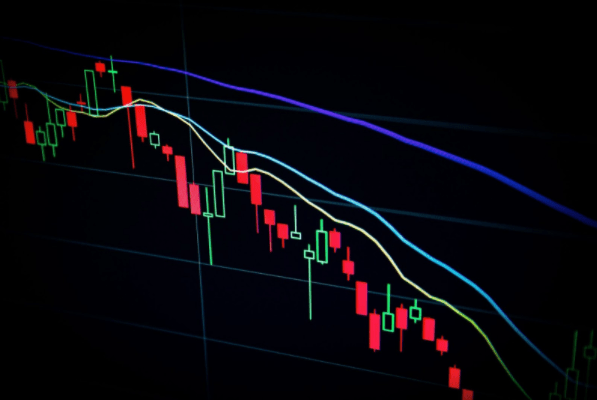The short answer: CFD is a Contract for Difference. Has it become any clearer? Of course not! That’s why CFD experts from investous.com came to explain the actual meaning of this increasingly popular abbreviation. Make sure to read it attentively before you start digging into CFD trading online!
The Meaning
A Contract for Difference is usually a short-term contract between an investor and spread-betting party or an investment bank. When the contract ends, the parties are obliged to exchange the difference between the prices on the opening and closing. The underlying instrument can be a:
- commodity
- forex
- stock
On the opening of a contract, you can choose a direction in which you expect an asset to move and make a profit if your suggestion appears to be right. You can make a profit on both positive and negative movements.
How It Works
Here are the main aspects of CFD trading needed for understanding the topic:
- You don’t have to own the underlying asset. It means that you don’t have to buy or sell it either.
- You have to purchase or sell only a particular number of units for a physical share, currency pair, or commodity, depending on your prediction.
- If your prediction appears to be right, you earn a multiplied number of units you sell or buy. Every price movement that doesn’t match your prediction means losses.
Margin & Leverage
CFD is a leveraged financial instrument by default. Due to this, you can deposit only a small part of the actual trade value to open your position. It’s also called margin requirement or trading on margin. It’s important to understand that the margin can multiply not only your profit but also maximize your losses as they always refer to the full price of the negotiated position. Fortunately, you can apply for negative balance protection on your account to prevent going into debt.
Trading Costs
First of all, CFD trading may require you to pay the spread. Spread is equal to the difference between the buy and sell prices. A narrow spread means that you can start earning or losing on small price movements, while a wider spread means the opposite.
Next, you may have to pay the holding costs if any positions are still open by the end of your trading day. CFD holding costs can be both positive and negative, depending on the selected holding rate and the direction of your bid.
You also have to pay to subscribe for market data analytics, which is essential as you need the latest relevant data to trade successfully. And, finally, there is a commission for trading stock CFDs.
Tame the Market
CFD is a unique trading instrument that involves high risks but lets you make large profits without obtaining the capital for hefty investments first. With a good broker, you can be sure to receive the most relevant market data, thoroughly analyze it, and make your moves based on accurate predictions. CFD is a perfect instrument for rapid-thinkers!





2 comments
… [Trackback]
[…] Here you can find 56327 additional Info to that Topic: thelibertarianrepublic.com/so-what-is-a-cfd/ […]
… [Trackback]
[…] Find More Info here to that Topic: thelibertarianrepublic.com/so-what-is-a-cfd/ […]